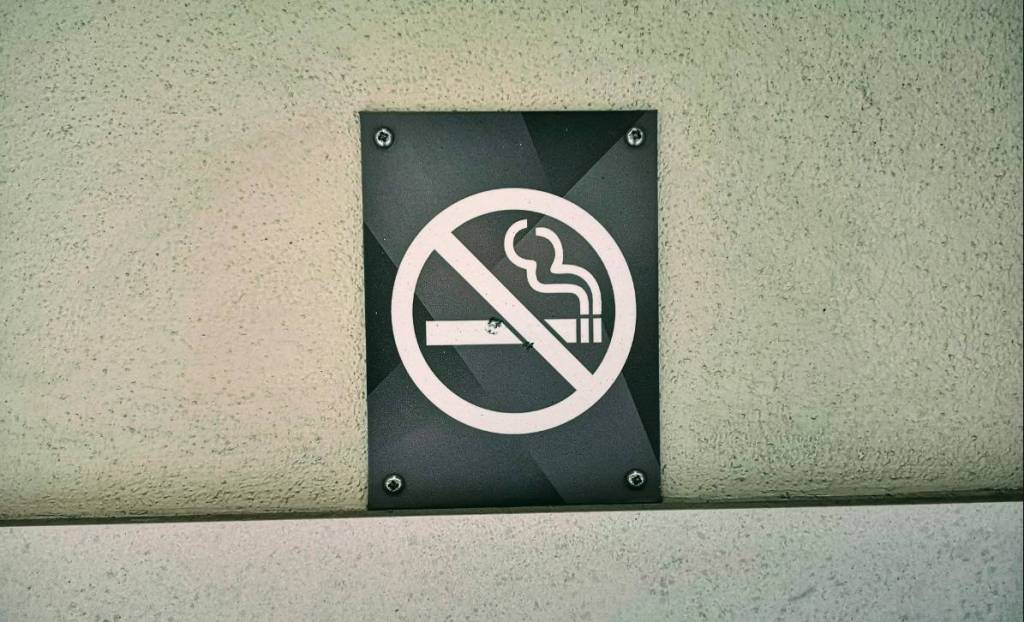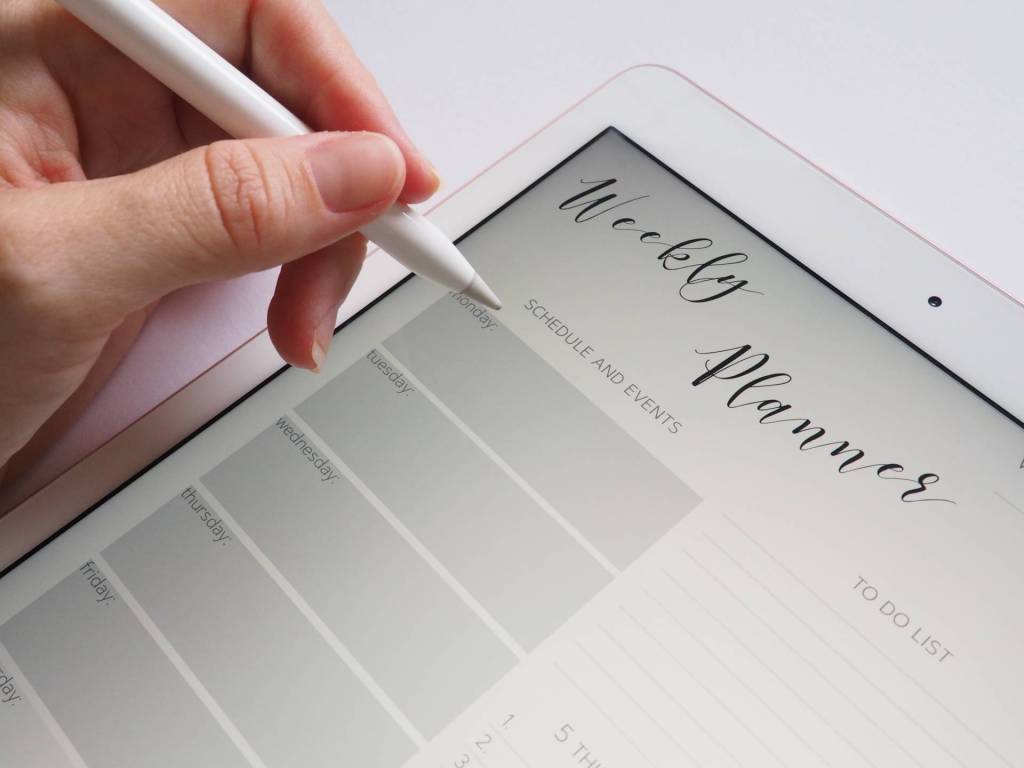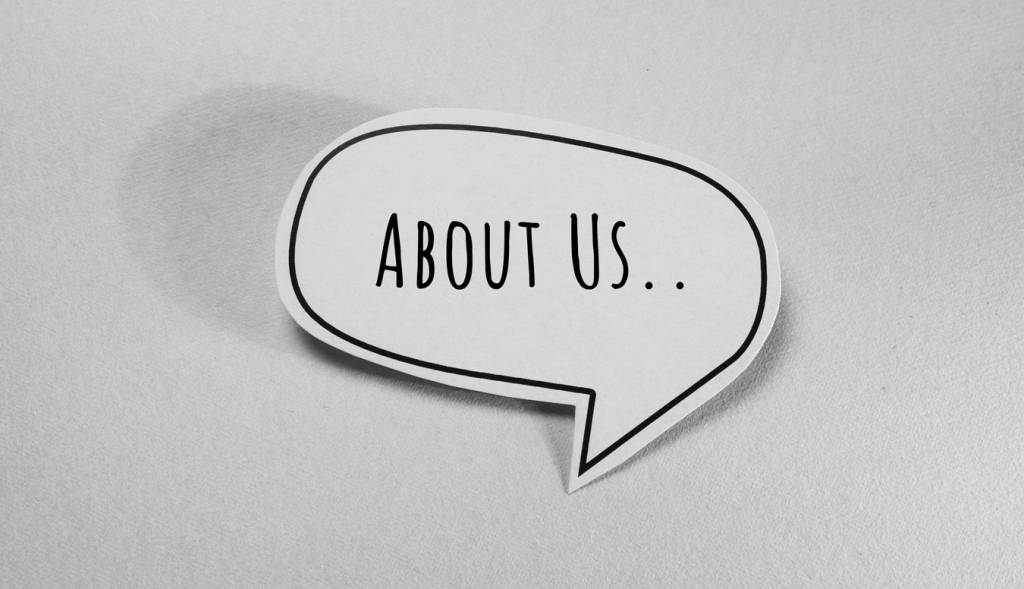Does it help to memorize answers for job interviews? To this day, there’s a lot of debate about this among experts.
Some say it’s best to be spontaneous and let your natural personality shine through. Others believe that knowing the right thing to say for any possible question makes you appear more confident.
It turns out that both sides might have a point.
Research shows that when people are given a list of potential responses before an interview, they can stay on message and showcase their strengths. They are also less likely to get tongue-tied by unexpected questions.
Be prepared! Memorize a list of strong points about yourself. Doing so will help you come off as more poised.
Research Widely
When submitting a job application, you may lack information on the right steps to follow. If that’s the case, how can you flawlessly ace your job interview? Is it by memorizing all the possible answers? Well, that might work for some, but there’s a better way to go, and recruiters are responsive to it.
Being eloquent and connecting the dots in real-time yields the best results.
Don’t go to the interview to answer questions. Care about your future as much as the company cares about its own.
For you to have a clear picture of the right questions to ask, do some online research. There are helpful sites that provide you with relevant information, such as interview tips. This includes the basics of what makes you appear well-prepared before you sit in front of an interviewer. It increases the chances of you creating the right impression for the recruiting team.
Demonstrate that your future is an asset in which you plan to invest. The interview is the first step is a good — if not excellent — way to approach these scenarios. It will be your chance to “interview your interviewer” and demonstrate character. Confidence and genuine interest are essential, much more so than memorizing interview answers.
Fully Understand the Job for Which You’re Applying
Do yourself a favor! Do your research and understand what it is you’re applying for.
Be ready to offer a clear explanation about the company’s mission statement, strategy, and goals. How can they be expected to understand why you fit in?
Above all else, stay positive and smile. The interviewer will take note of your enthusiasm right away. This kind of awareness can help you create rapport, be present in the moment with questions, empathize with your interviewer, and more.
Know the Organizational Goals
Let’s start with the assumption that your interviewer is not trying to trick you. It may seem that way, but the reason they’re asking these kinds of questions is that it gives them insight about you as an applicant and how easily you can be molded to fit within their organization’s culture.
If it leads to a discussion on what the company wants to achieve, take the opportunity. Show them how you are attuned to their organizational goals based on what they’ve communicated in past interviews or within the job description.
Don’t Forget About Your References
No matter how good you are at providing memorized answers in an interview, it will negatively affect you if your references don’t support your application.
Don’t neglect to inform your references about the coming interview and how excited you are about this opportunity. Be sure that they will answer all possible questions in the right way on your behalf.
Remember, what matters in reference checking is the recruiter’s perception of you.
The best candidates will have their references checked before any other part of their application. The last thing you want is for your reference to unknowingly torch your chances. Give them a heads up. Let your references know in advance that you’d like to use their name during a job interview.
What Matters Most Is Your Ability to Communicate Well
Again, your interviewer is not trying to lay traps through questions. They have a reason for asking the kinds of questions that pop up. Interviewers want to end up knowing you better as an applicant. They hope to discern how easily you’ll fit within their organization’s culture.
As much as you can prepare for the interview, it’s important to remember that the interview is an opportunity for you to communicate your abilities and character to your future employer.
Ensure that you’re projecting the right image by communicating well with critical phrases, eye contact, and so on. It leaves an impression of a serious and determined person to take up the job position. Remember, this is the time to sell yourself.
Consider packaging yourself in the right way, including researching the potential questions and thinking over how you’d respond.













